Washington, July 12, – The 75th annual conference of NATO, the Western military alliance, convened in Washington for two days, where leaders voiced concerns over the escalating military buildups from Russia, China, Iran, and North Korea. This year's conference highlighted NATO's stance on maintaining global military dominance, while also addressing the ongoing Russia-Ukraine conflict.
Western heads of state and government reiterated their position that NATO must remain the world's strongest military power. This declaration was a clear message to all anti-Western nations, emphasizing that any increase in military capabilities by these countries would be met with strong opposition.
The Russia-Ukraine war was the central focus of the conference. NATO leaders pledged $43 billion in military aid to Ukraine, to be delivered within the next year. This commitment underscores NATO's support for Ukraine and its defense against Russian aggression. Additionally, NATO leaders officially announced an "irreversible path" for Ukraine to become a member of the alliance.
NATO leaders accused China of exacerbating the Russia-Ukraine conflict. In response, Chinese Foreign Ministry spokesman Lin Jian condemned NATO's statements as fabricated and misleading. He accused NATO of provoking conflict and destabilizing the Asia-Pacific region, and called for NATO to stay away from the area.
In a strategic move, China began joint military exercises with Belarus near the Polish border, coinciding with the NATO summit. This exercise was seen as a warning to NATO. Simultaneously, Taiwan reported that 66 Chinese warplanes had breached its airspace within 24 hours, marking the highest record of the year.
Chinese Foreign Minister Wang Yi urged ASEAN countries to resist NATO's presence in the Asia-Pacific region, emphasizing the need for caution against NATO's expansion.
The conference underscored NATO's commitment to countering threats from its adversaries and maintaining military superiority. Leaders stressed the importance of unity and readiness within the alliance.
Lin Jian's statement highlighted China's strong opposition to NATO's allegations and actions. Beijing's military exercises and airspace incursions were clear demonstrations of its stance against NATO's influence.
With increased military aid to Ukraine and a firm stance against adversaries, NATO aims to reinforce its strategic positions globally. The alliance's actions and statements indicate a readiness to confront any challenges to its military dominance.
The NATO conference's outcomes suggest a period of heightened military and geopolitical tension, reminiscent of the Cold War era. As NATO strengthens its alliances and adversaries bolster their defenses, the global balance of power continues to be tested.



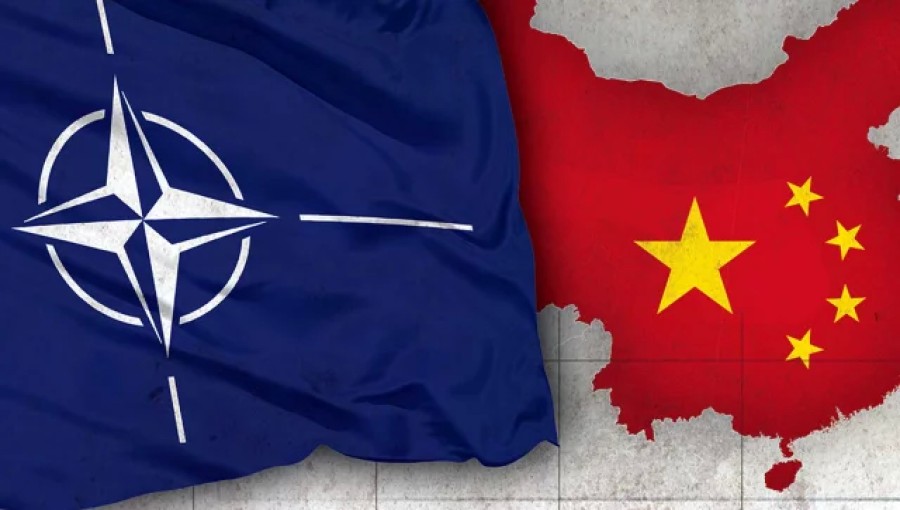
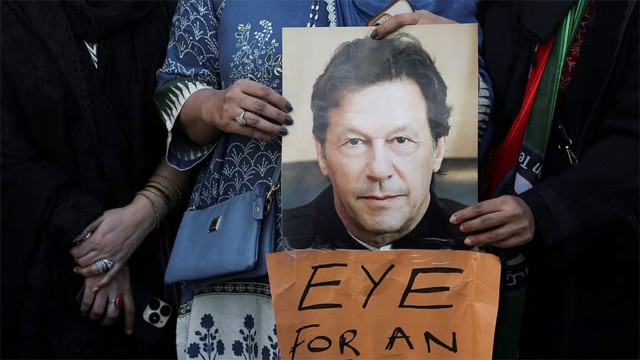
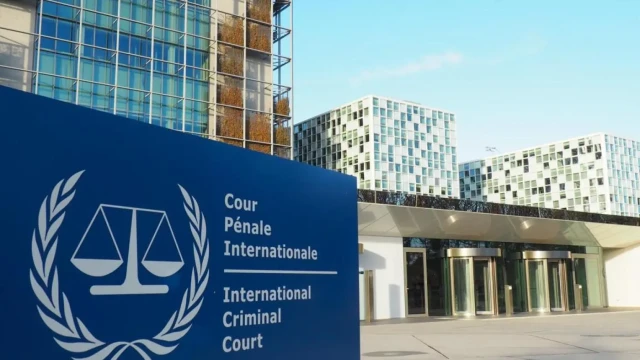
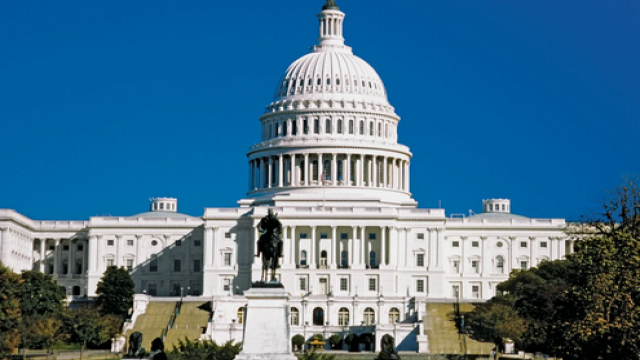
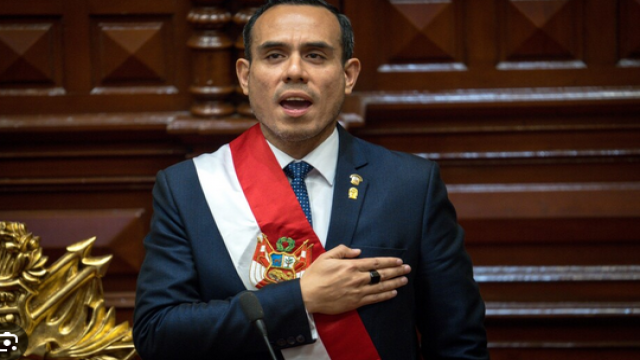
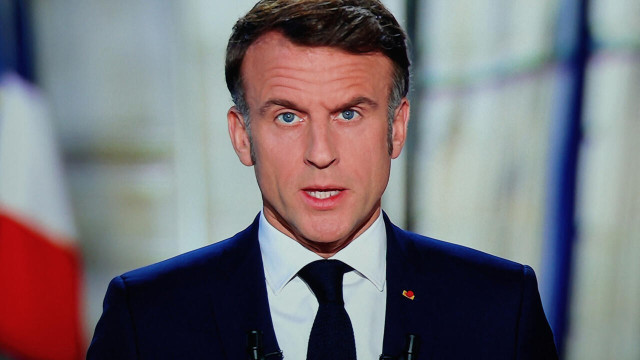
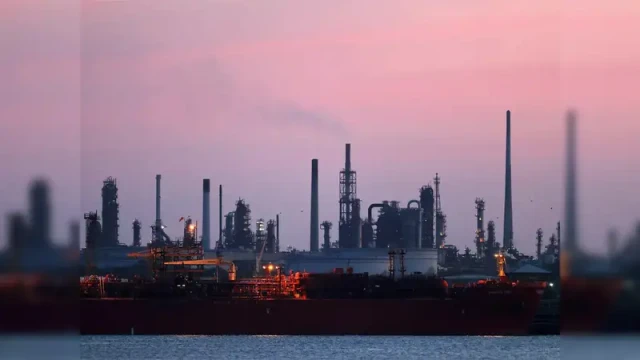
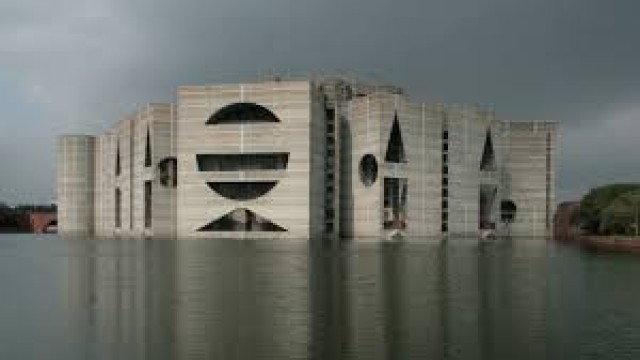
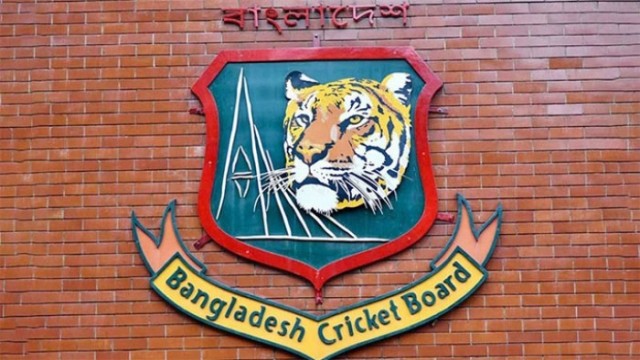
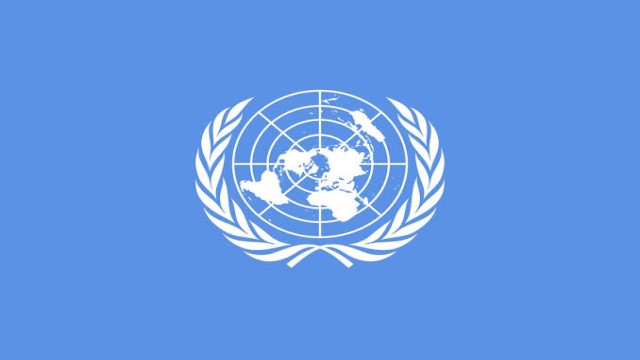
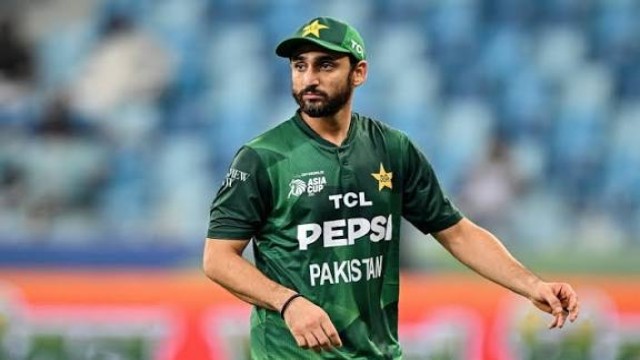
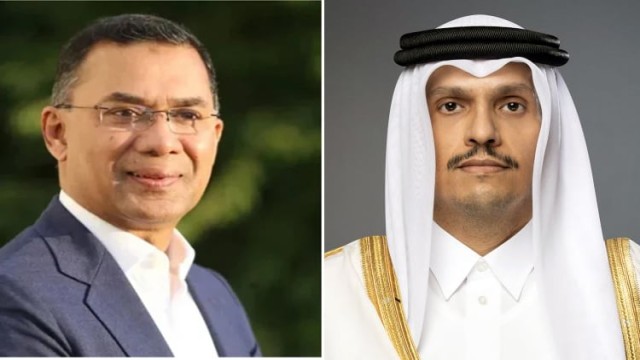
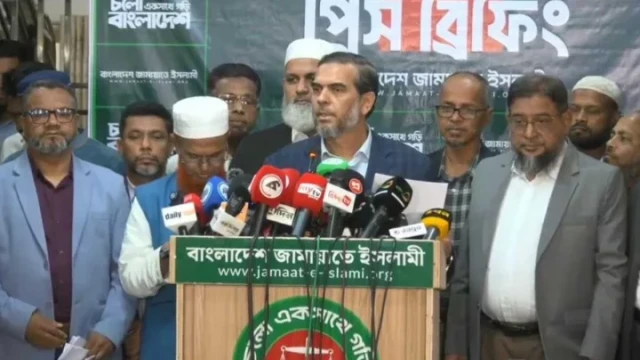
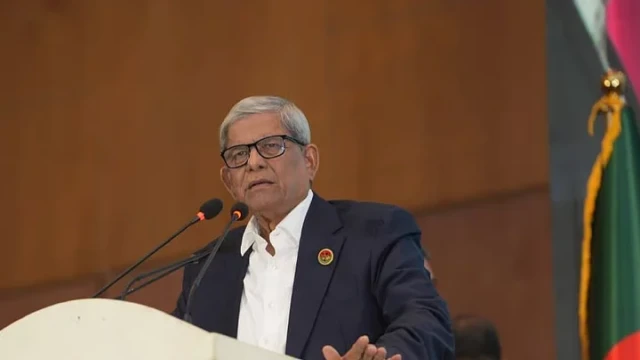
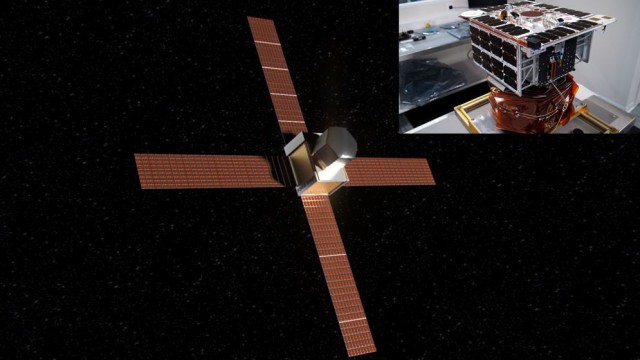
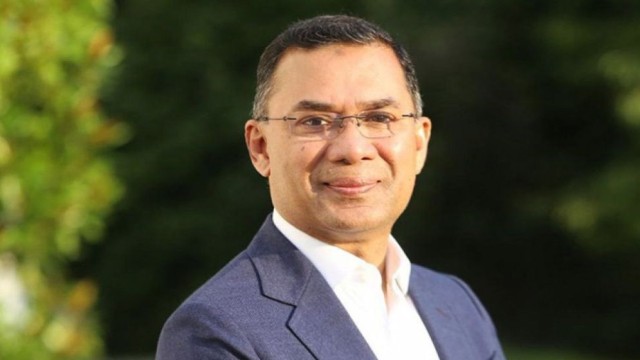











Comment: